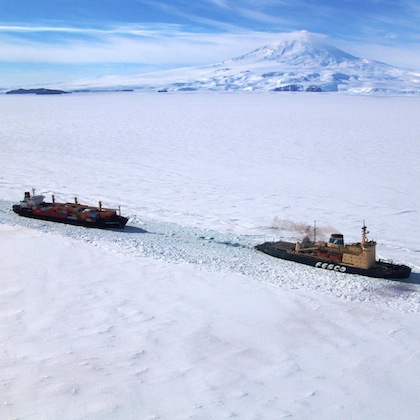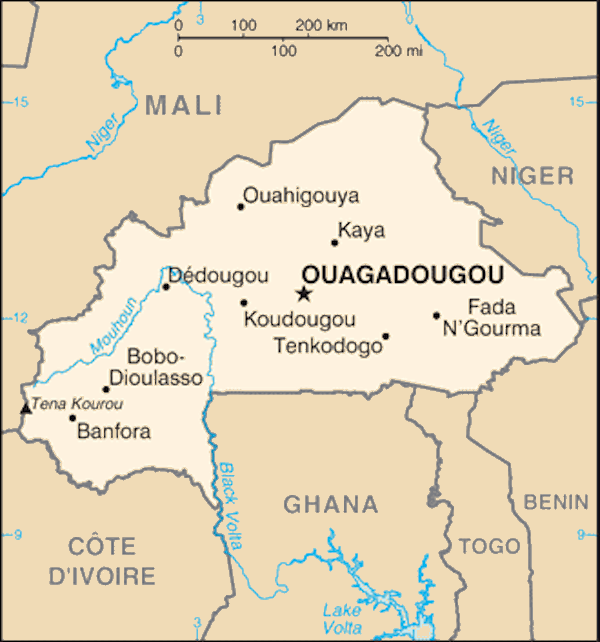This essay originally appeared in The Globalist and was adapted from a speech Bill Humphrey delivered to a Citizens Climate Lobby chapter meeting in Brookline MA.

Here is an interesting twist in the annals of U.S. democracy: The country’s federal and state courts are likely to set as much, if not more, of U.S. climate policies as the president, Congress, governors or state legislators.
Broadly speaking, that is because the courts, not the other branches, are the ones who make the decisions interpreting and applying state laws and regulations.
But it is also a direct reflection that the environment remains more of a politically contentious and divisive issue in the Unites States than in any other advanced economy.
All of this became glaringly clear once again in the recent, unprecedented U.S. Supreme Court order, issued shortly before Justice Scalia’s death.
The temporary decision in West Virginia v. EPA blocked implementation of President Obama’s regulations to restrict the emissions of coal-fired power plants.
The courts, now or never
The role of courts on climate policy extends well beyond coal, as the growing number of environmental and climate lawsuits winding their way through U.S. and state courts in recent years makes plain.
This includes a recent suit filed in Massachusetts alleging that the state has not met its legally mandated emissions targets.
Given this lay of the land, it is more important than ever in the United States to pay attention to judicial nominations – whether to the U.S. Supreme Court or to state supreme courts in places that do not elect judges – and assess the candidates from the perspective of their views (and hence potential impact) on global climate change. Read more









